Dwarf and Hybrid Coconut Seedling
₦4,000.00
8 people are viewing this product right now
🔥 6 items sold in last 3 hours
We offer two varieties of coconut seedlings (dwarf and hybrid varieties ready for shipping nationwide). Each seedling ranges from 8 to 9 months of age.
After the coconut has been planted point side down with one-third of the coconut above the soil, it is moved to a well-lit, warm spot, the warmer the better as coconuts do best in spots that are 70 degrees F. (21 C.) or warmer.
- It is important to keep coconuts well-watered during germination without letting it sit in overly wet soil.
- If you want to plant a coconut that has already sprouted, go ahead and plant it in well-draining soil so that the bottom two-thirds of the coconut is in the soil. Place in a warm area and water frequently.
- The average age is 6-9 months.
- We deliver nationwide
Buy more save more!
Buy from 5 to ∞ items and get 5% OFF
on each productDwarf and hybrid coconut seedlings are two popular types of coconut seedlings that are grown for their many benefits.
Dwarf coconut seedlings are smaller in size than tall coconut seedlings, typically growing to a height of 5-7 meters. They are also more precocious, meaning that they start bearing coconuts earlier than tall coconut seedlings. Dwarf coconut seedlings can start bearing coconuts as early as the third year after planting, while tall coconut seedlings typically do not start bearing coconuts until the fifth or sixth year after planting.
Hybrid coconut seedlings are a cross between dwarf and tall coconut seedlings. They inherit the best qualities of both parents, including the early bearing and high yields of dwarf coconut seedlings, and the resistance to pests and diseases of tall coconut seedlings. Hybrid coconut seedlings can start bearing coconuts as early as the fifth year after planting, and they can produce up to 300 nuts per year.
Dwarf and hybrid coconut seedlings are both highly productive coconut producers, and they are also relatively easy to manage. This makes them a good choice for both small-scale and large-scale coconut farmers.
Here are some of the key benefits of dwarf and hybrid coconut seedlings:
- Early bearing: Dwarf and hybrid coconut seedlings start bearing coconuts earlier than tall coconut seedlings. This means that farmers can start generating revenue from their coconut plantation sooner.
- High yields: Dwarf and hybrid coconut seedlings are both highly productive coconut producers. Hybrid coconut seedlings, in particular, can produce up to 300 nuts per year.
- Easy management: Dwarf coconut seedlings are smaller in size than tall coconut seedlings, making them easier to manage and harvest. Hybrid coconut seedlings are also easier to manage than tall coconut seedlings, as they are more resistant to pests and diseases.
- Disease resistance: Hybrid coconut seedlings are more resistant to pests and diseases than tall coconut seedlings. This makes them a good choice for farmers who are growing coconuts in areas where pests and diseases are a problem.
- Versatile uses: Coconuts can be used to produce a variety of products, including coconut oil, coconut milk, coconut flour, and desiccated coconut. This means that there is a strong demand for coconuts in the market, and farmers can generate revenue from their coconut plantations by selling coconuts in a variety of forms.
If you are considering growing coconuts, then dwarf and hybrid coconut seedlings are a good option to consider. They offer several benefits, including early bearing, high yields, easy management, disease resistance, and versatile uses.
Frequently Asked Questions (FAQs) for Dwarf and Hybrid Coconut Seedlings
1. What is the difference between dwarf and hybrid coconut seedlings?
Dwarf coconut seedlings are naturally smaller and bear fruit earlier (around 3 years) than tall varieties. Hybrid seedlings are a cross between dwarf and tall, inheriting early bearing and high yields from dwarf parents and disease resistance from tall parents. They typically begin bearing fruit around year 5.
2. Which type of coconut seedling is right for me?
Dwarf varieties are ideal for smaller spaces and earlier harvests. Hybrids offer a good balance between early fruiting, high yields, and disease resistance. Consider your space limitations, desired harvest timeline, and the prevalence of coconut diseases in your area.
3. How tall do dwarf coconut trees grow?
Dwarf coconut trees typically reach heights of 5-7 meters (16-23 feet) at maturity, making them easier to manage and harvest compared to tall varieties.
4. How much fruit do hybrid coconut seedlings produce?
Hybrid coconut seedlings are known for their high yields, with the potential to produce up to 300 nuts per year.
5. Are dwarf and hybrid coconut seedlings easy to care for?
Dwarf coconut trees are easier to manage due to their smaller size. Hybrids offer additional ease of care due to their increased resistance to pests and diseases.
6. What are the uses for coconuts?
Coconuts offer a variety of uses, with products like coconut oil, milk, flour, and desiccated coconut derived from the fruit. This translates to a strong market demand for coconuts.
Only logged in customers who have purchased this product may leave a review.
Related products
₦1,200.00
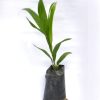
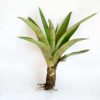
₦200.00

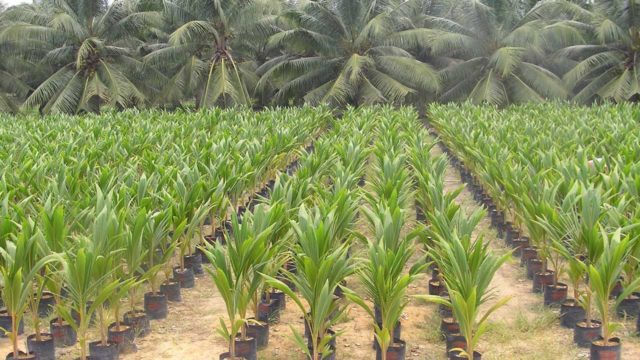

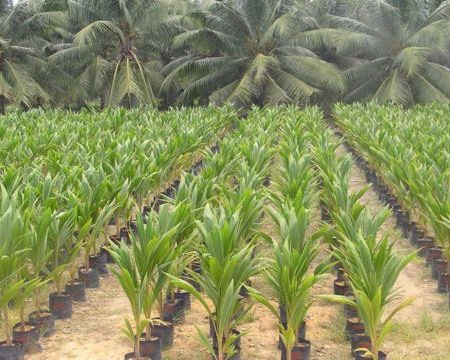
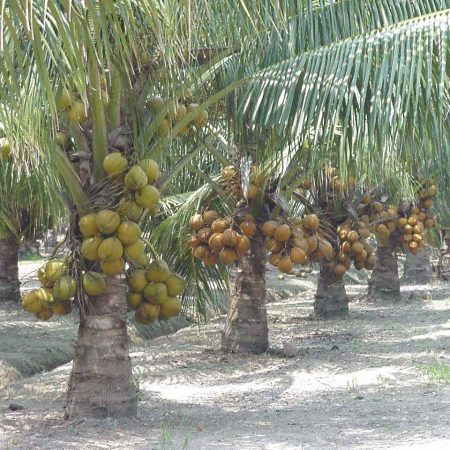
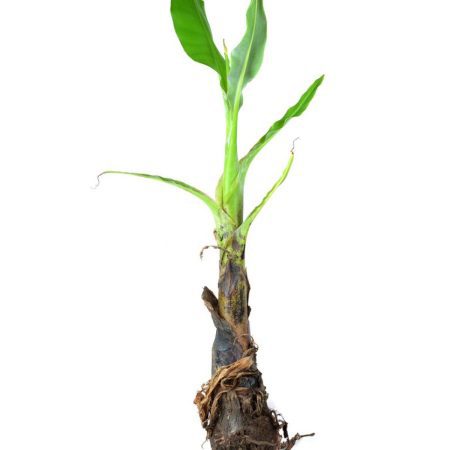
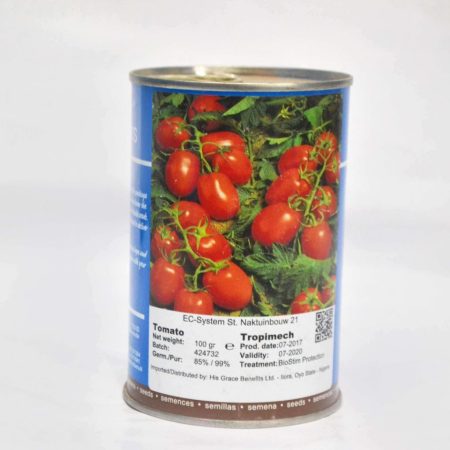
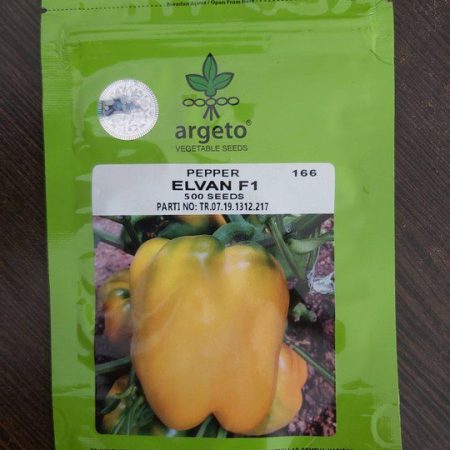
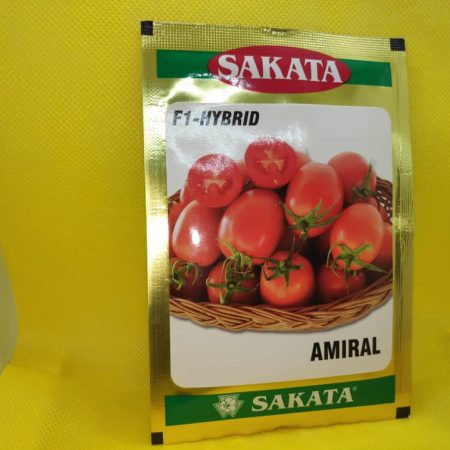
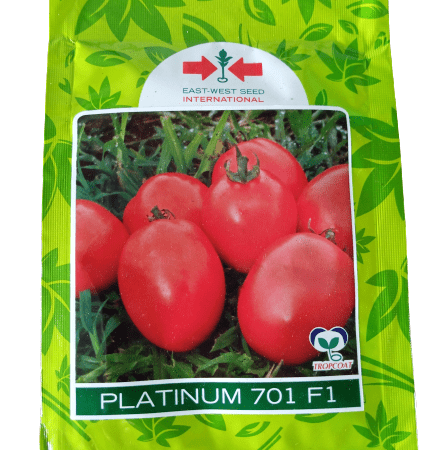
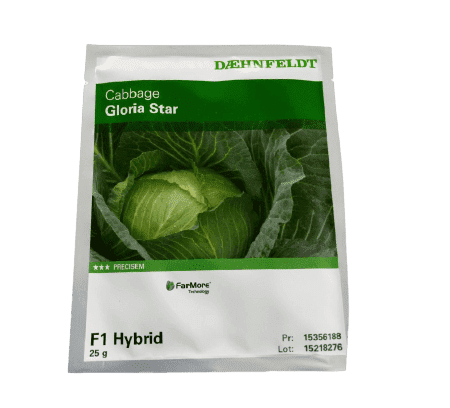
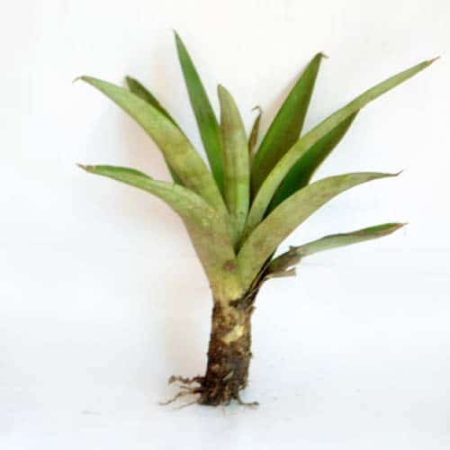
4.25
4 reviews for Dwarf and Hybrid Coconut Seedling
There are no reviews yet.